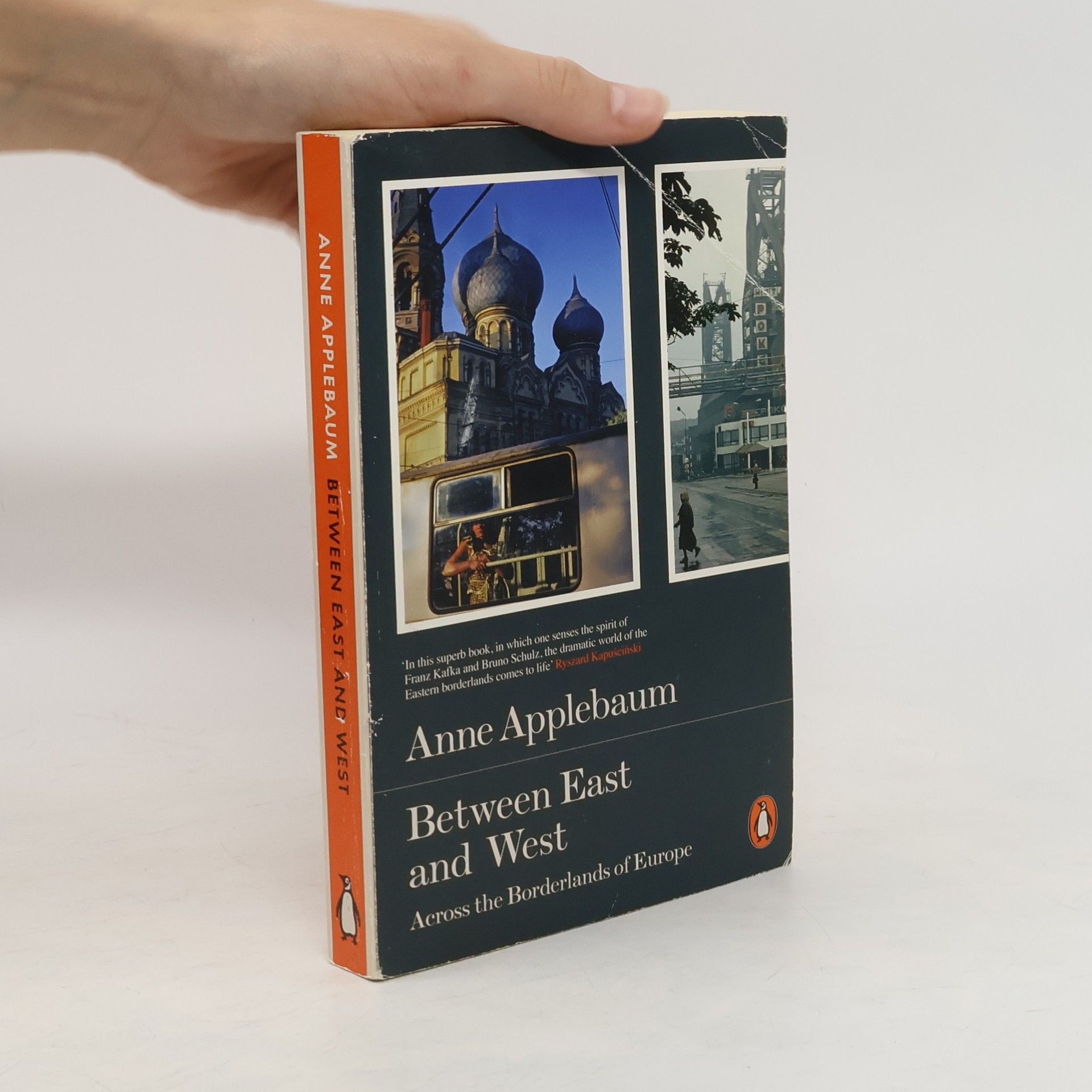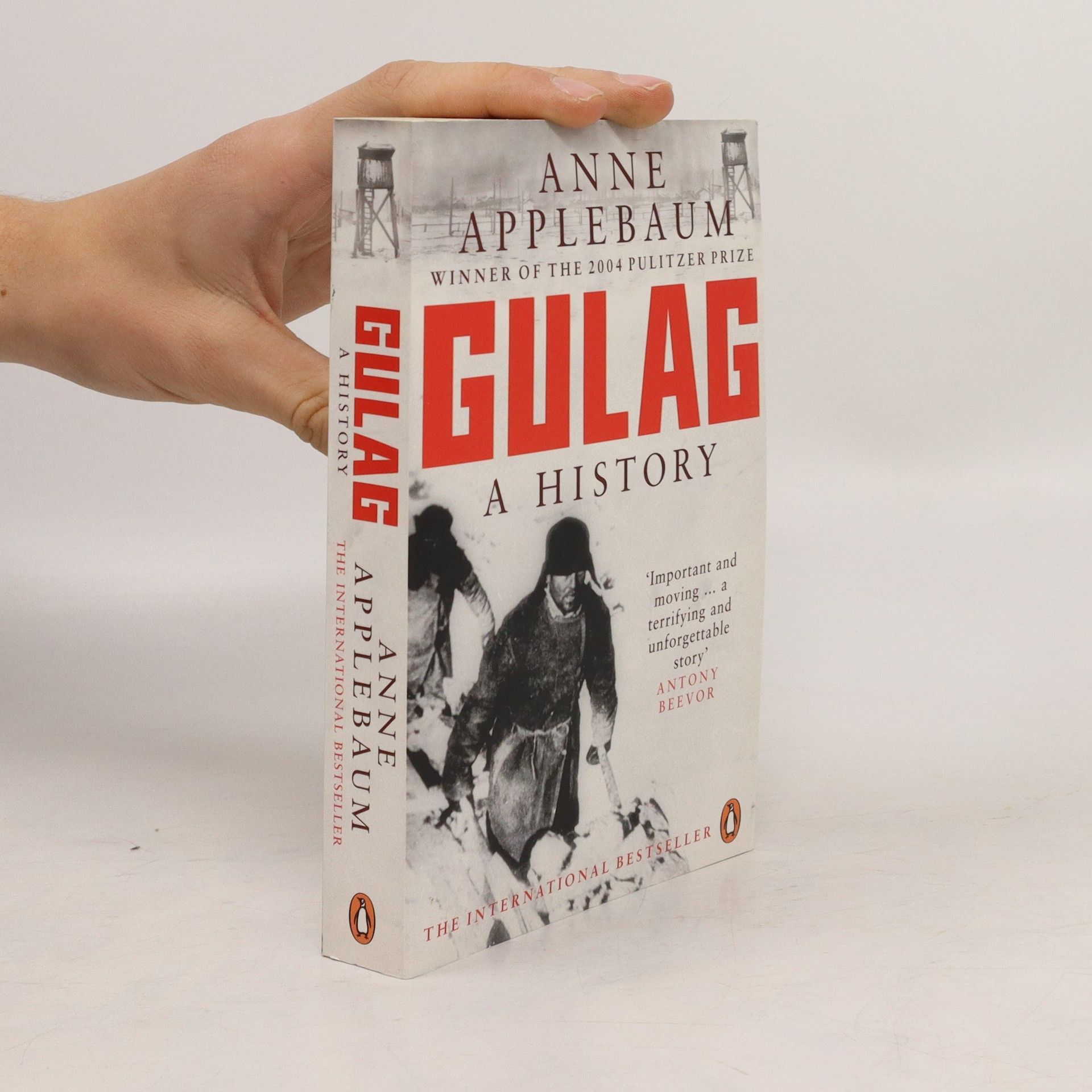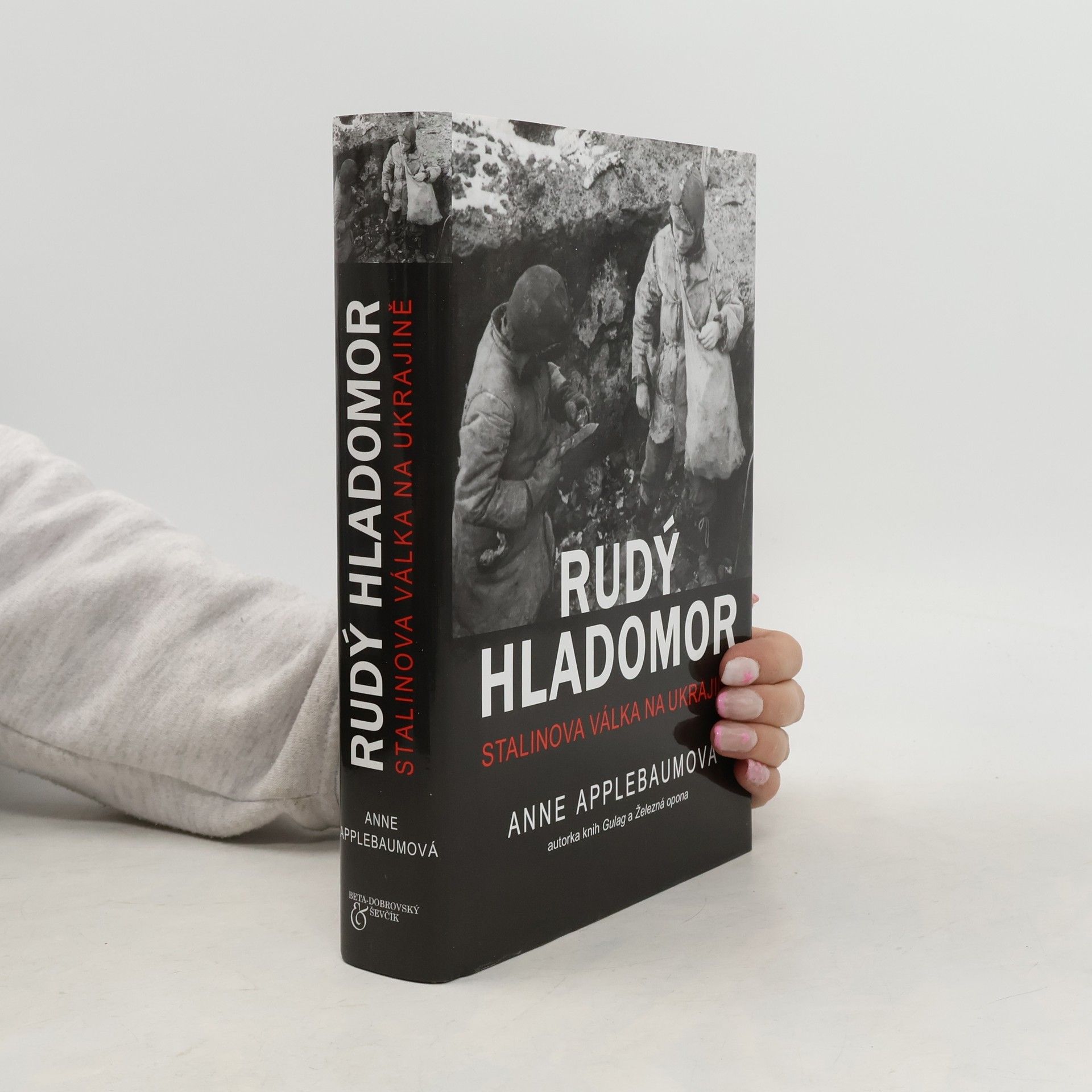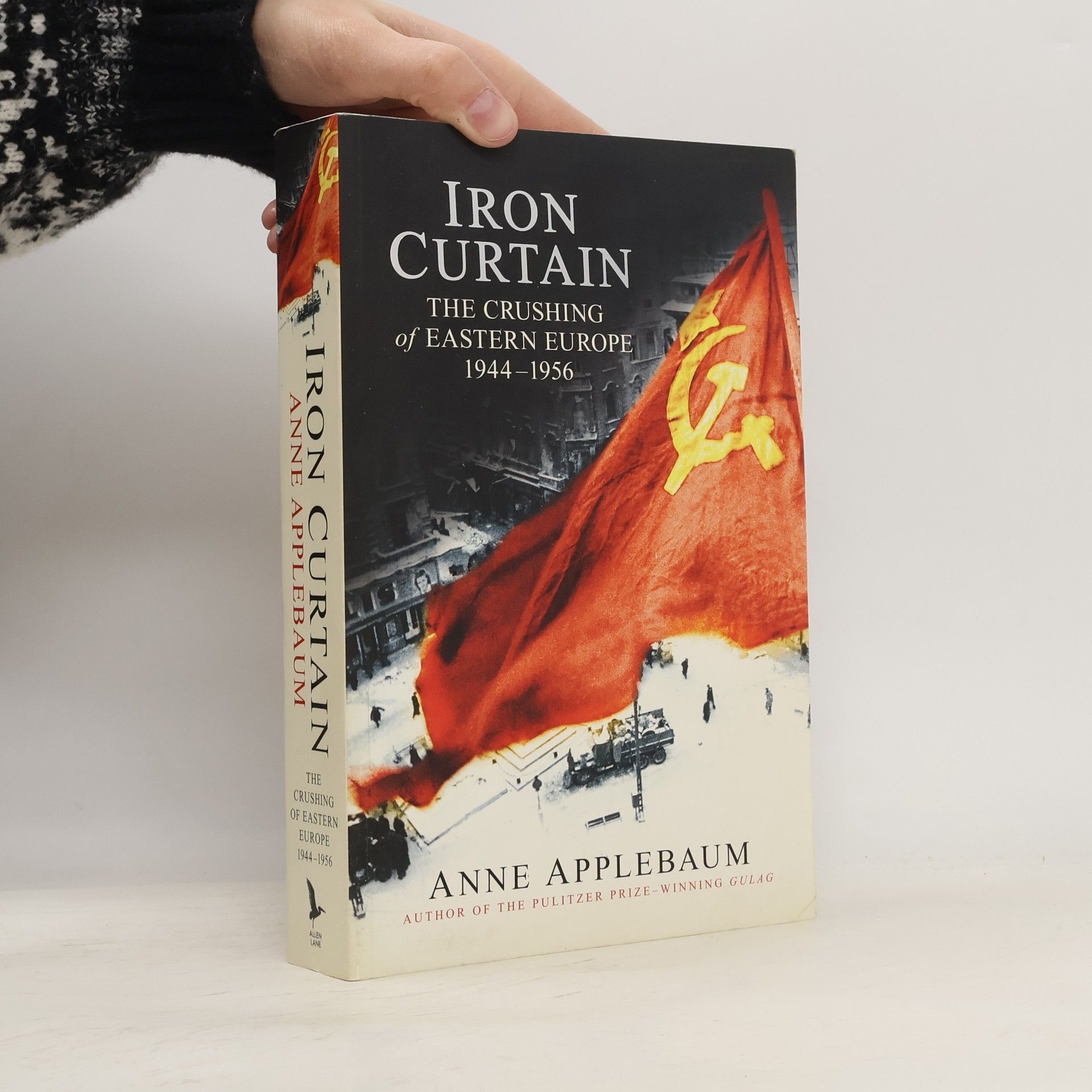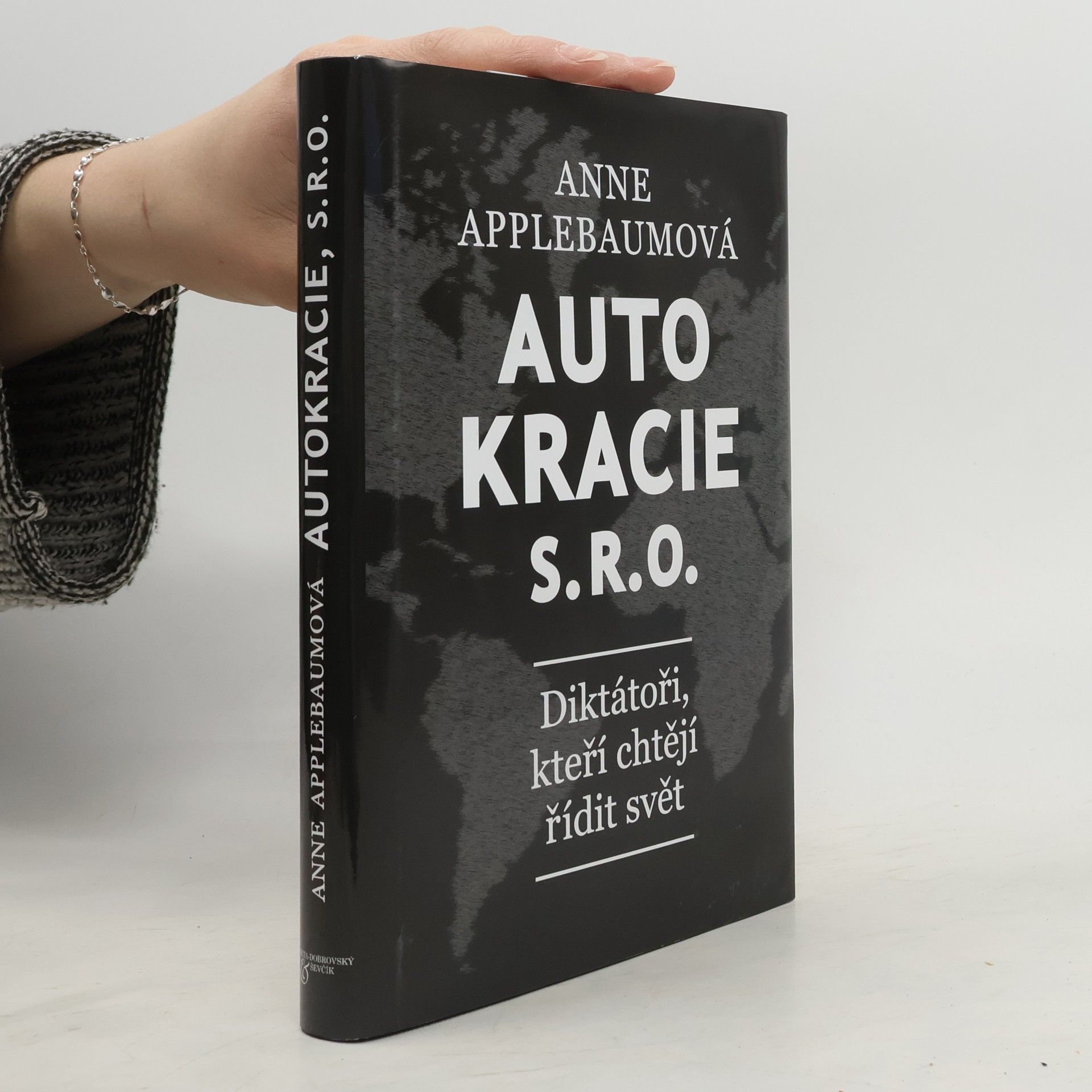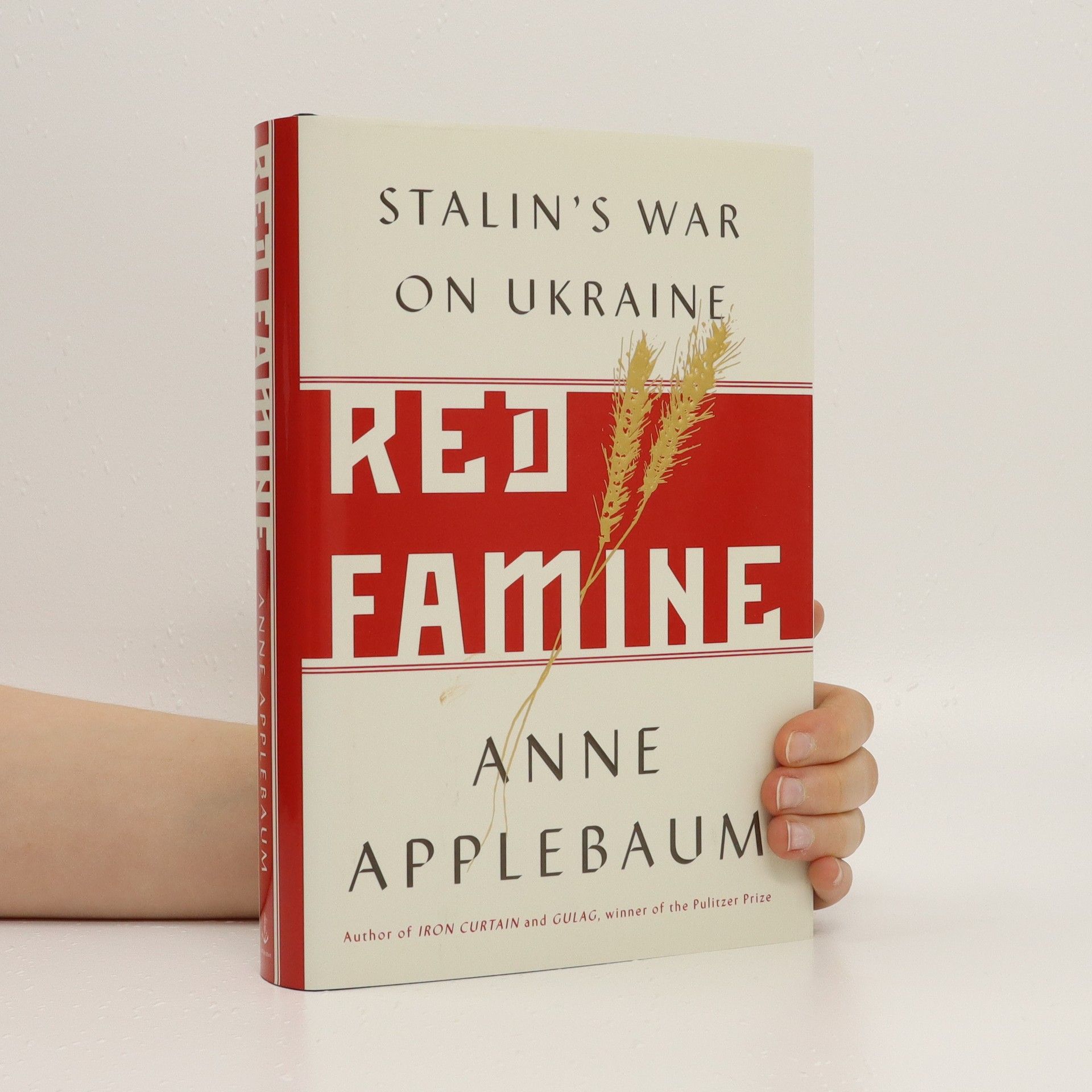Červený hladomor: Stalinova vojna proti Ukrajine
- 504 stránok
- 18 hodin čítania
V rokoch 1932 – 1933 zomreli takmer štyri milióny Ukrajincov v dôsledku hladomoru, ktorý spôsobil vtedajší režim. Hladomor však predstavoval iba polovicu tragédie. Zatiaľ čo na vidieku umierali roľníci, sovietska tajná polícia útočila na ukrajinské intelektuálne a politické elity. Počas šírenia hladu sa rozbehla ohováračská kampaň a represie voči intelektuálom, profesorom, spisovateľom, umelcom a duchovným. Autorka podrobne skúma, ako k tejto tragédii došlo, kto za ňu nesie zodpovednosť a aké mala následky. Čerpá z archívnych materiálov, spomienok preživších a prác ukrajinských vedcov, pričom ponúka svedectvá tých, ktorí prežili, a zobrazuje, čo dokáže hlad s človekom urobiť. Vykresľuje, ako sovietsky štát využíval propagandu na podnecovanie susedov proti sebe a na likvidáciu údajne protirevolučných živlov. Po hladomore nasledoval útok na ukrajinské kultúrne a politické vedenie, zatiaľ čo sovietske orgány popierali existenciu hladomoru. Ich cieľom bolo potlačiť ukrajinské národné ambície a vymazať skutočnú históriu krajiny spolu s miliónmi obetí. Kniha predstavuje tragickú stigmu dvadsiateho storočia a spomienku na obete Stalinovho štátneho teroru.

